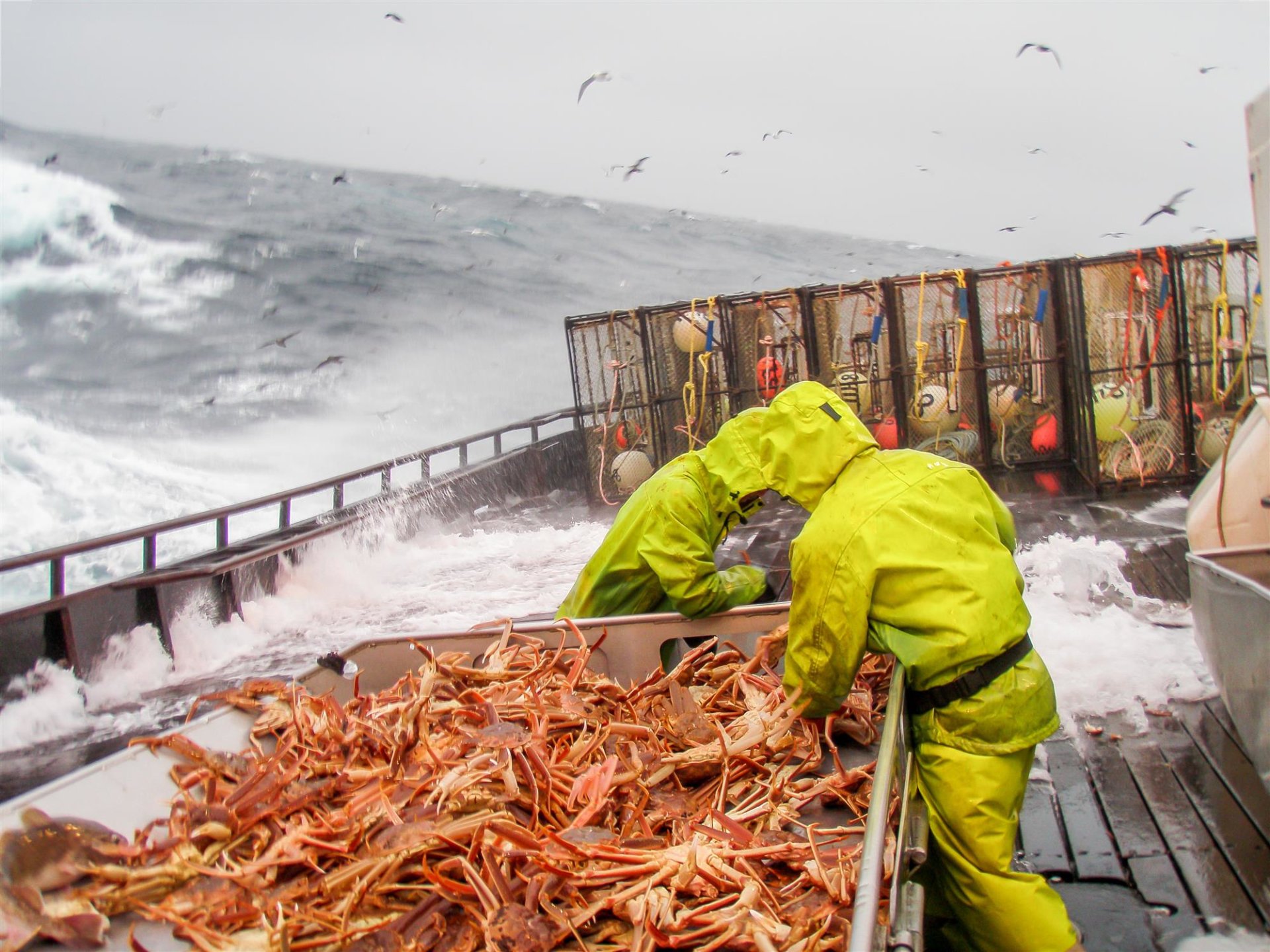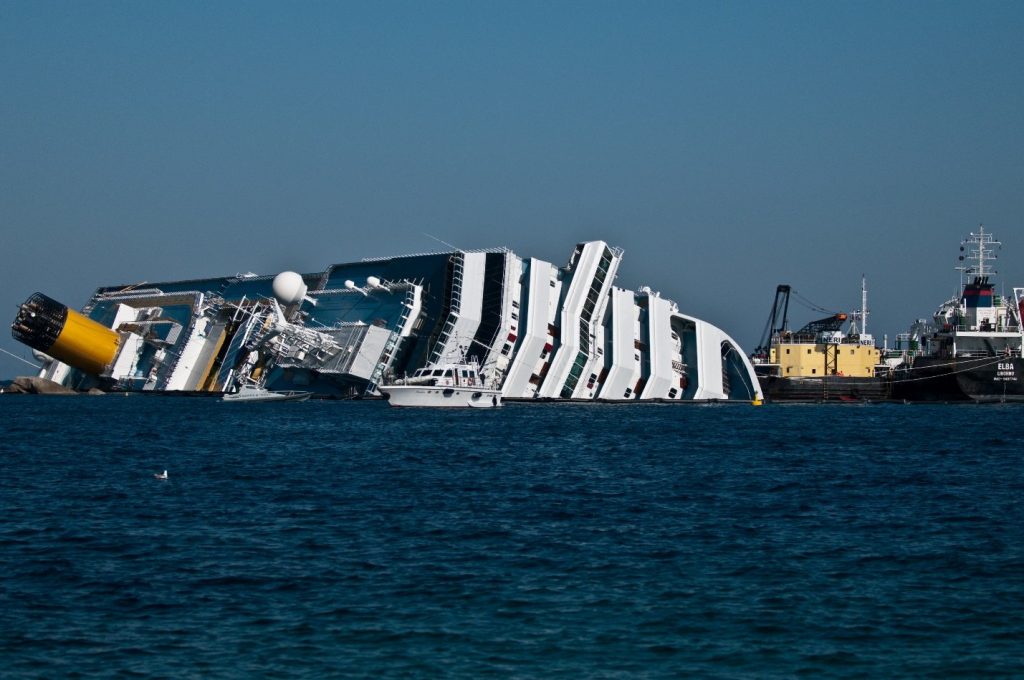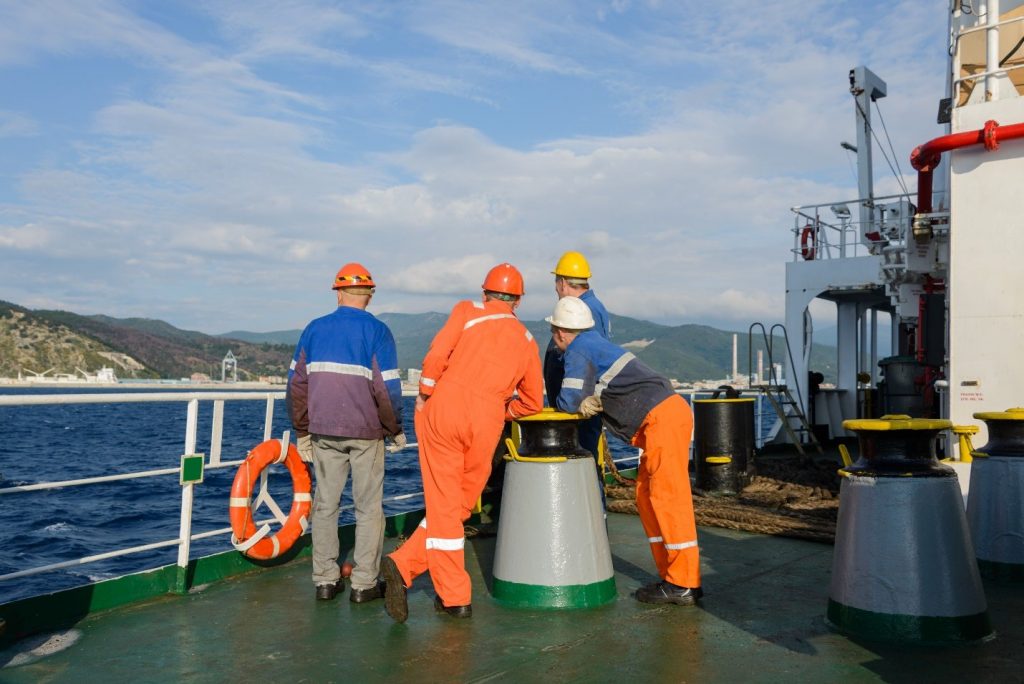
Blog
The Benefits and Risks of Working in the Maritime Industry
Posted in Maritime Piracy
There is a wide range of different career opportunities in the maritime industry. Careers are normally broken down into specific subcategories, such as:
- Offshore Rigs
- Ferries and Cruise Ships
- Commercial Fishing
- Research and Science
- Transportation and Shipping
- Government Positions
Each of these subcategories can contain similar types of jobs, like maintenance positions, electricians, HVAC technicians, and so on. However, one key difference is the type of working environments where job duties are performed.
Why Choose a Maritime Career?
In this day and age when entry-level positions can be hard to find, maritime careers have no shortages of opportunities. Unlike land-based jobs, seafaring positions offer numerous advantages, including:
- Higher Starting Wages
- Better Benefits
- Opportunities for Quick Advancement
- Working with a Close Group of People
- Travel Opportunities
- Adventure
- Outdoor Living
- Career Flexibility
- Ongoing Training and Skills Development
- A Sense of Pride in Individual and Group Accomplishments
- Job Security
- Easily Transferrable Job Skills
In addition, many maritime workers get longer vacation/holiday periods of paid time off work, compared to other land-based careers.
Know the Risks of Maritime Careers
Even with all the great benefits a maritime career can offer, these types of positions are considered to have the highest risks out of all career types. Employees can be expected to work ten- to twelve-hour days, every day, without a day off for many months.
Rather, employees in the maritime industry are given “hours” off in place of actual days off. Yet, many companies do offer the opportunity to earn entire days off by achieving some goal or objective. For example, in the cruise industry, cruise ship employees can earn days off by delivering outstanding customer service to guests.
Other potential risks found in maritime careers could include:
- Intensive Labor
- Ability to Lift Heavy Items and Objects
- High Pressure/High-Paced Environment
- Confined Living Spaces
- Increased Risks of Illnesses
- Periods of Seasickness
- Exhaustion
- Limited Access to Friends and Family While at Sea
- Errors/Mistakes Could Result in Injuries or Death
Often, the combination of long work hours, exhaustion, and other such factors all contribute to employees making errors and mistakes. The extent of the error or mistake could have very serious consequences.
For instance, one of the deadliest offshore oil rig accidents of all time occurred in July 1988 aboard the Piper Alpha, in the North Sea of the United Kingdom. Dayshift maintenance personnel were performing normal pump maintenance and had removed a pressure safety valve.
Yet, they failed to complete maintenance and did not reinstall the safety valve. There were also some communication errors made that resulted in the night shift turning on the pump, even though maintenance had not been completed. Without the safety valve, gas condensate leaked out and exploded. Out of the 226 workers onboard, only 61 survived.1
Even the cruise industry is not without its risks. More recently, there have been several cases where Carnival Cruise Ships have had problems while at sea, affecting both the crew and passengers alike. Then, there was the case of the Costa Concordia ship that tipped over off the coast of Italy in January 2012, due to navigating in too-shallow waters.
Be Prepared for Accidents and Personal Injuries
Even though serious and dangerous accidents are not everyday occurrences, it is important to be prepared for them. Not all accidents in the maritime industry make headline news. If you decide to pursue a career in the maritime industry, you need to be aware of other types of accidents and personal injuries which do occur, such as:
- Slips and Trips: Outdoor decks and stairs can get wet and slippery with oil.
- Falls: There is the potential to fall off the side of a ship or rig if the right safety equipment is not used. Falls can also occur inside the ship if safety rails and other barriers are not maintained.
- Injuries from Faulty Equipment: If the equipment is defective, it can lead to accidents and injuries.
- Back/Neck/Shoulder Injuries: Lifting or moving heavy items incorrectly could cause these types of injuries. Falling objects could also be a concern if they hit someone.
- Injuries from Lack of Training on Equipment/Procedures: Sometimes, things can be so hectic that employees are rushed through training or it is skipped entirely. Then they are expected to work in a specific area of the ship or rig for which they have not yet been trained.
- Understaffed Working Conditions: In some working environments, there may not be enough employees to complete the required work, which can lead to accidents.
- Coworkers Failing to Perform Specific Job Duties: You may rely on your coworkers to perform their job duties. Yet, if they do not, they could increase risks of causing injuries to you and other people.
What to Do When There Is an Accident
Should an accident cause personal injuries, there are specific procedures that must be followed. The exact procedures can vary from one career to the next, but, in general, the process will include:
- Undergoing a medical examination and treatment.
- Filing an injury claim.
- Receiving worker benefits through Maintenance and Cure or other Maritime Acts.
- Providing a detailed account of how the accident occurred.
- Completing all prescribed treatment.
- Being released by a medical professional to return to work.
Why You Need a Maritime Lawyer and Should Never File a “DIY” Claim

When things go awry, you will want to speak to a maritime lawyer as soon as possible. It is highly recommended you always consult with one after receiving medical care and treatment but before filing your injury claim.
The reason for this is that there are all sorts of Maritime Acts, including:
- The Jones Act
- LHWCA (Longshore and Harbor Worker’s Compensation Act)
- DOHSA (Death on the High Seas Act)
- Public Vessels Act
- Admiralty Extension Act
- OCSLA (Outer Continental Shelf Lands Act)
If you were to file your claim under the wrong act, there is the risk that you may not have time to refile your claim under the right one later. Each act has a specific statute of limitations for filing, along with specific filing guidelines. If you miss these essential deadlines, you cannot claim ignorance.
Sadly, there have been cases in the past where maritime workers filed their claims on their own, only to find out they were not filed correctly. By the time they found out, it was beyond the allowed time limit to file under the correct act.
These workers are left with only the minimal compensation they received from Maintenance and Cure but no other added benefits. In cases where workers died, their families are left without any monetary compensation for the loss of their loved ones.
Even if your claim seems fairly simple and easy, without any need of seeking additional damages through one of the Maritime Acts, it is worthwhile to speak to a maritime lawyer to find out your legal rights and how to proceed with filing your claim. This advice can make a huge difference for you, should you decide to return to work in the maritime industry once your injuries are healed.
What to Do if You Want to Leave Your Seafaring Career
Exiting a seafaring career can be difficult. You are saying goodbye to your family at sea that you have worked alongside every day for a long time. Additionally, you will be home more often, and adjusting to being around family and friends can be equally challenging.
Many of the skills and knowledge you gain while working in the maritime industry are easily transferable to working onshore. If you worked as an electrician, plumber, or HVAC technician onboard, you can easily find work in these careers on land.
Aside from maintenance- and equipment-type work, you have your life experiences, too. For example, if you worked on a cruise ship, you have traveled all around the world. You could use your knowledge of various ports of call and countries to start your own travel agency. On the other hand, if you worked on a fishing vessel, you could use your knowledge of fish to open up a fresh fish market.
Ultimately, while the risks of working at sea can outweigh the benefits you gain, it really comes down to what you want to do. By taking the time to consider different maritime careers and their risks, you can decide if the rewards are worth the risks.
In the event you are injured while working in the maritime industry, remember to contact Maintenance and Cure, part of Schechter, Shaffer, & Harris, L.L.P., at 1-800-836-5830 to speak with a maritime lawyer. Our lawyers will help you make an educated decision about your case with professional, legal, and free advice.
Source:














